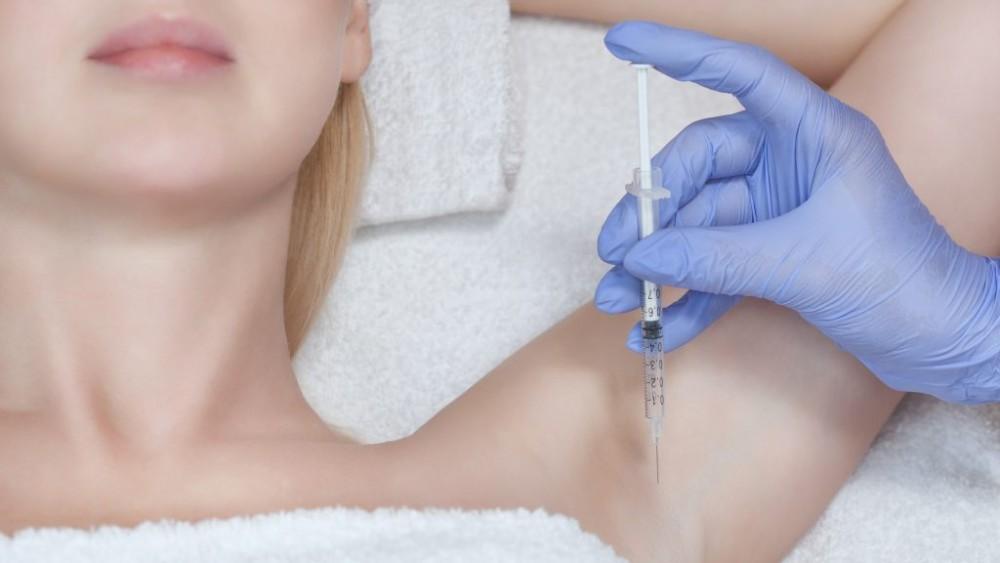
Basal Cell Cancer

You Might Also Enjoy...

Introducing Exosome Therapy at CoCo Dermatology & Cosmetics!

Skin Cancer Awareness Month: Why Early Detection Matters
The month of May is recognized as Skin Cancer Awareness Month. At CoCo Dermatology and Cosmetics, we believe that skin care is more than cosmetic—it’s preventive, proactive health care.

How To Make Your Toxin Injections Last Longer!
Here are the top 8 ways to make your toxin injections last longer!

Filler Aftercare
After getting filler injections it is important to have a good after care plan. This is what we recommend:

Radiesse Filler
Looking to treat unwanted facial lines and wrinkles? Or how about getting definition and structure back into your cheeks? If you answered yes, we have the perfect filler for you!

Hyperhidrosis
Have you ever wondered why you sweat so much even though you aren't hot?

